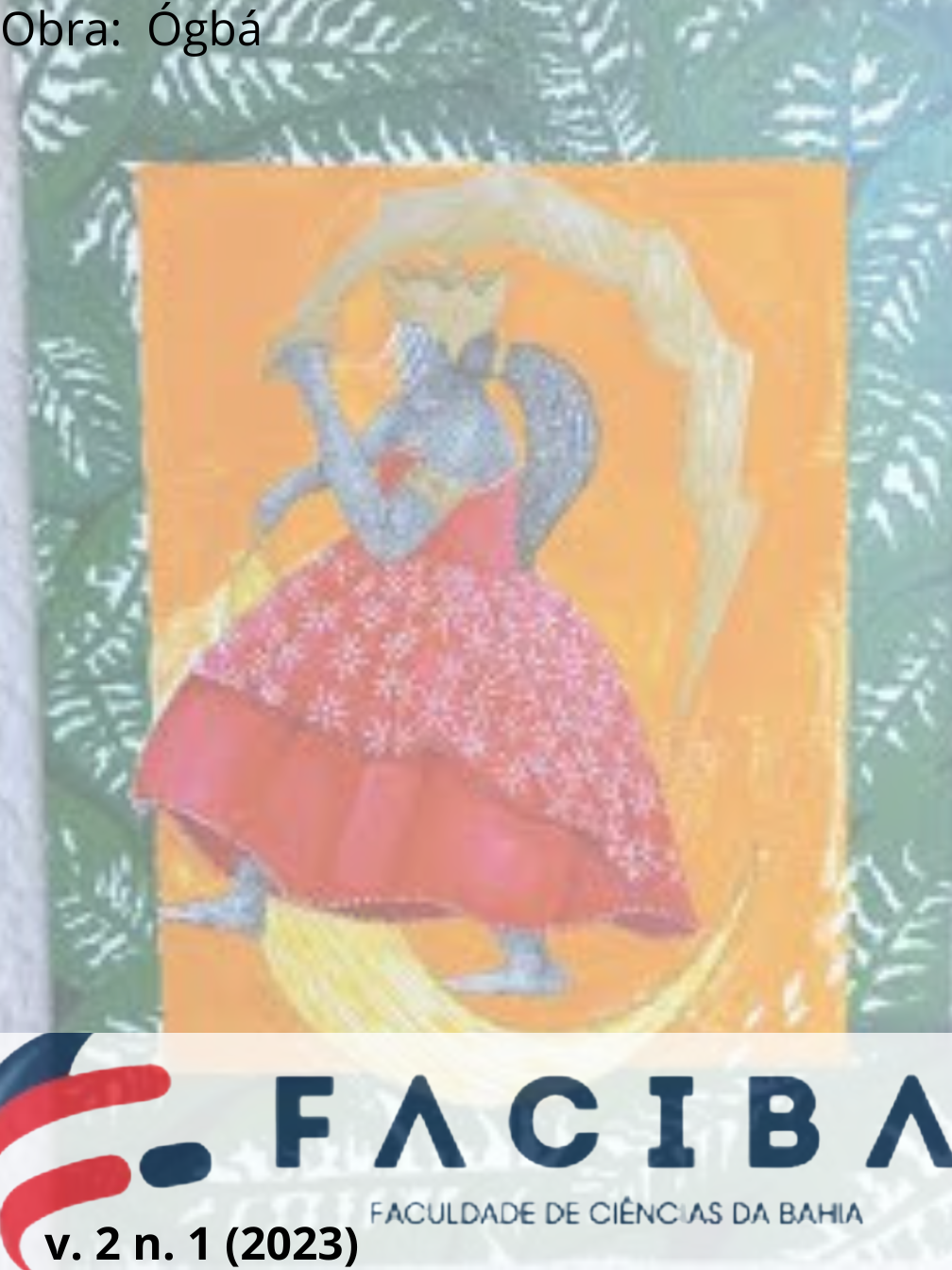PROFILE AND BEHAVIOR OF THE HOMOSEXUAL FLOWER CONSUMER
Palavras-chave:
floriculture, LGBT products, Gays, Homosexuality, Ornamental plantsResumo
Flowers have a special meaning for humanity, and through them, it is possible to
demonstrate and stimulate feelings, decorate and humanize places, among the groups of
consumers who value these issues, the homosexual consumer stands out. Despite being classified
as an expressive public, the surveys in Brazil to diagnose the composition and consumption
preferences of this group of consumers are even more sparse. In this context, this study aimed to
diagnose what were the relevant aspects for the homosexual who was also a flower consumer at
the time of purchase decision. A descriptive and exploratory research was carried out with 100
flower consumers. The study revealed that education is a factor of relevance in the consumption
being observed significant statistical differences as the homosexual advanced in education, greater
was the number of purchases of flowers per year. The main factors that hampering consumption
were the very high price and the difficulty of acquiring different species from the traditional ones
found in the market. The study showed that the main products that could substitute flowers for the
homosexual consumer were chocolate and clothes. It is urgent that the retail trade creates better
conditions in order to serve the homosexual consumer, since flowers with different shades and
colors as well as different species from those traditional ones and that are associated with the
question of the identification of this group of consumers can be factors that favor the consumption
and the loyalty of periodicity purchase of flowers for their own use.
Downloads
Downloads
Publicado
Edição
Seção
Licença
Copyright (c) 2023 Revista Direito, Desenvolvimento e Cidadania

Este trabalho está licenciado sob uma licença Creative Commons Attribution-NonCommercial 4.0 International License.
O trabalho publicado é de inteira responsabilidade dos autores, cabendo à Revista Direito, Desenvolvimento e Cidadania apenas a sua avaliação, na qualidade de veículo de publicação/divulgação científica.
Após a publicação, os autores cedem os direitos autorais, que passam a ser de propriedade da Revista Direito, Desenvolvimento e Cidadania.
A Revista Direito, Desenvolvimento e Cidadania não se responsabiliza por eventuais violações à Lei nº 9.610/1998, Lei de Direito Autoral.







